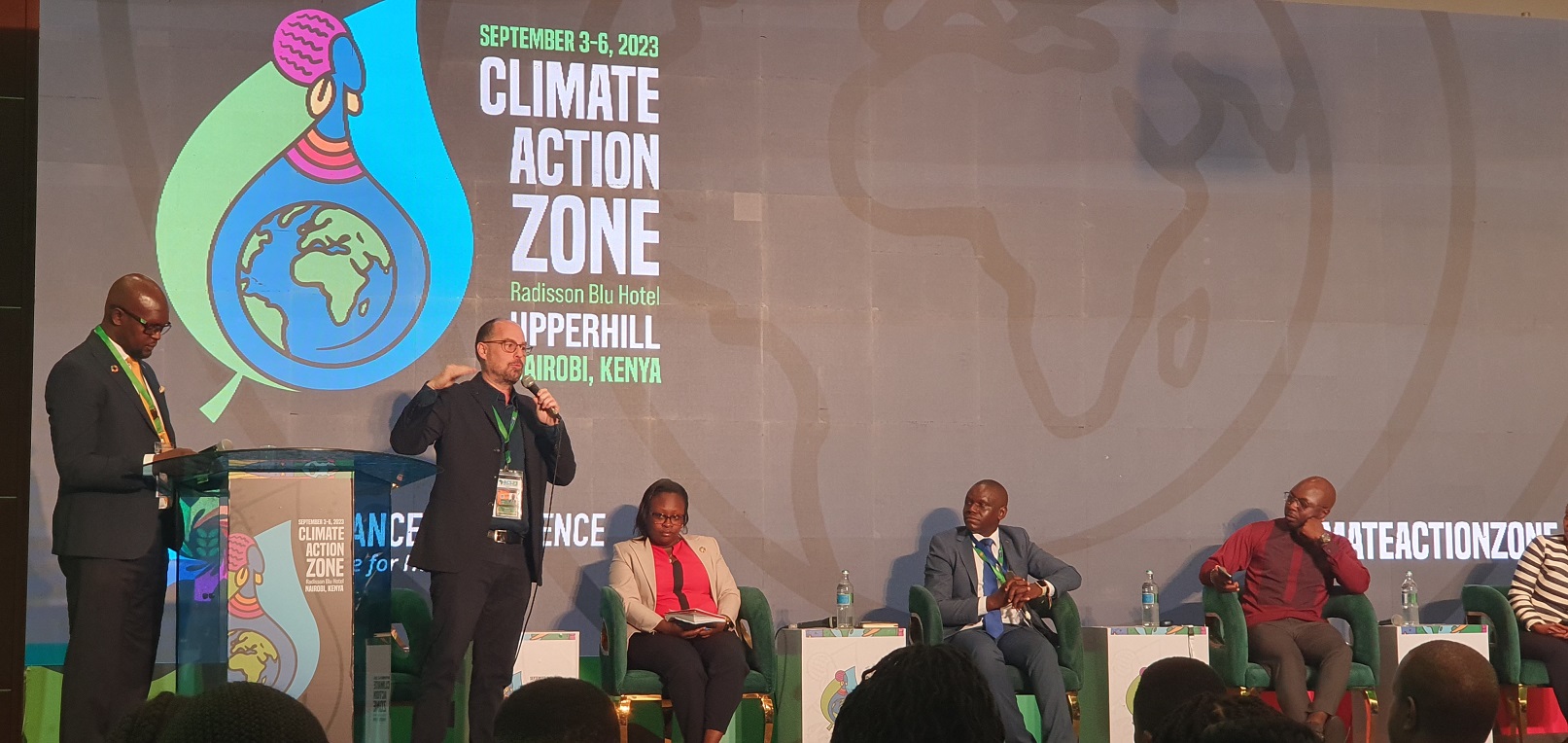BY ONYANGO RACHAEL
In the bustling heart of Nairobi, the climate summit is currently underway, drawing together leaders, scientists and grassroots activists from across the continent. The goal? To address one of humanity’s most pressing challenges-climate change. Yet, amidst the fervent discussions and passionate debates, there remains an underappreciated and fundamental issue: language inclusion.
With over four billion people worldwide unable to connect and access information in their native languages, it is crucial to question whether the thousands of individuals from diverse African regions attending the summit are genuinely on the same page, at least linguistically. Can a PhD scientist’s remarks truly resonate with a community leader from Northern Kenya or someone from Cameroon if the language barrier persists? This seemingly minor issue of language inclusion carries significant implications for effective climate action.
Language is far more than just a means of communication; it is a powerful tool that can either unite or divide us in the fight against climate change.
The impact of language exclusion is profound. Indigenous communities, rural leaders and grassroots activists, often speaking lesser-known languages, possess invaluable knowledge about climate adaptation and mitigation yet their voices remain muted, their solutions unheard. This exclusion perpetuates an imbalanced global discourse on climate action.
By not prioritizing language inclusion, we miss a golden opportunity to tap into Africa’s wealth of indigenous wisdom. African communities have honed sustainable practices for generations, understanding the intricate relationship between their ecosystems and the changing climate. Their insights are invaluable in shaping resilient strategies for the continent.
The turning point in our approach to climate messaging is to ensure it is tailored for the very people majorly affected by climate change – indigenous communities affected by floods, drought, rising temperatures and erosion. For a forum held in the African continent wouldn’t we have loved to see sessions held in some major African languages such as Swahili, Zulu or Yoruba. Beyond the Summit, indigenous communities and the languages they speak should find a permanent seat at the table of climate conversations. Their indigenous knowledge on sustainable agriculture, climate-resilient traditions, and holistic land management practices should take center stage, enriching climate action solutions.
Language inclusion isn’t just about words, it’s ensuring that every voice, regardless of the language spoken, is heard and valued. It is acknowledging the unique perspectives and solutions that different communities bring to the table. It is about breaking barriers to create a more inclusive and effective global response to climate change.
In conclusion, as we navigate the complex terrain of climate change, let us not overlook the power of language in bridging divides and fostering collaboration. By embracing language inclusion, we can harness the collective wisdom of diverse voices and forge a path towards a more sustainable and resilient future for all. This and future Climate Summits should not only be a platform for climate action, but also a symbol of unity in diversity, where every voice contributes to the shared goal of combating climate change.
Onyango Rachael is a specialist on social innovation and a doctoral candidate at JKUAT University


